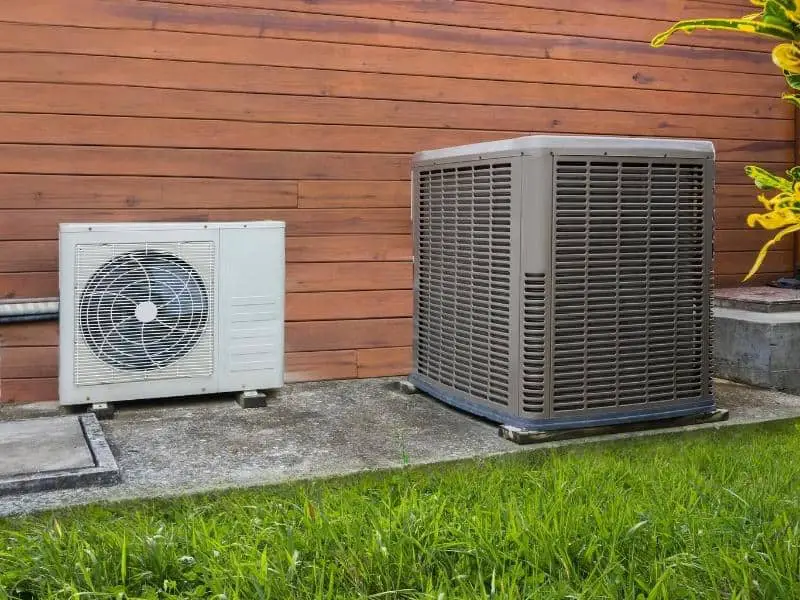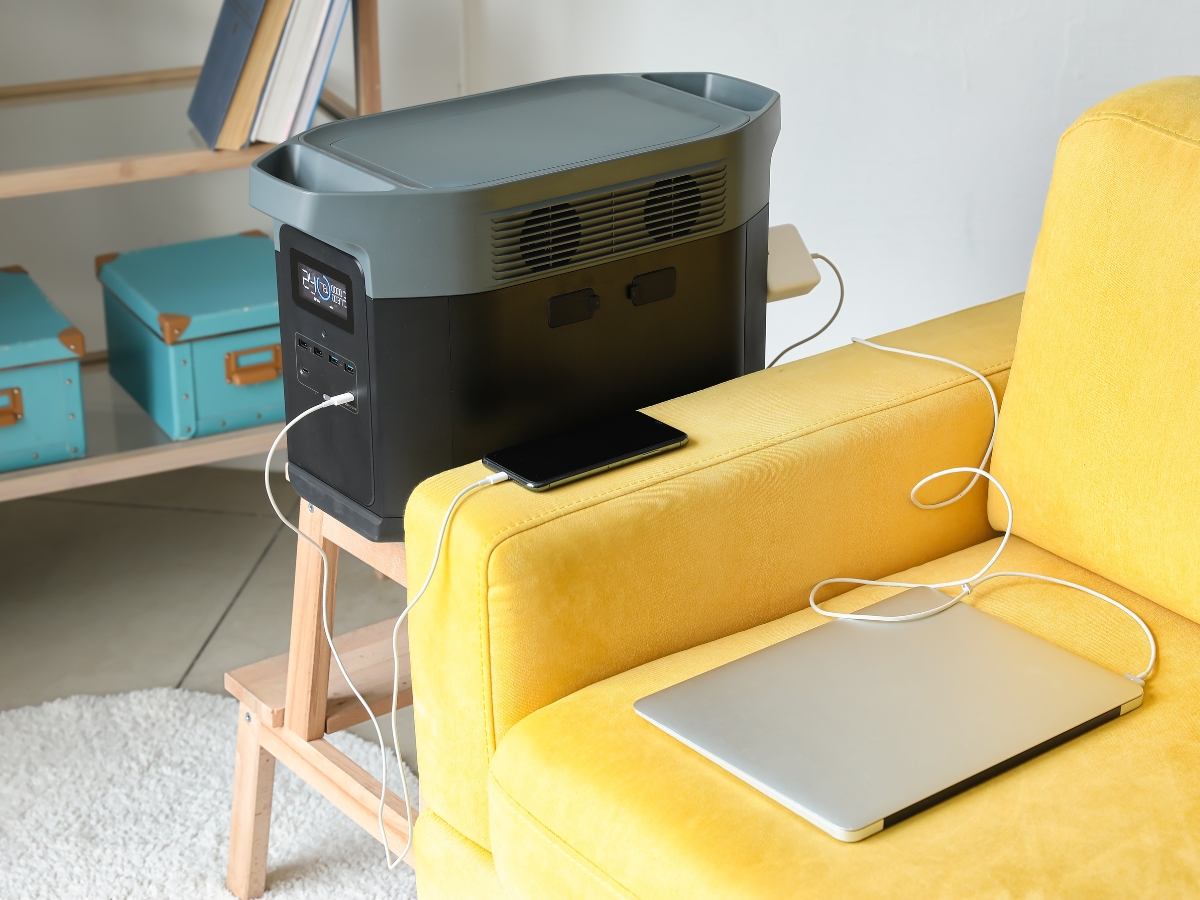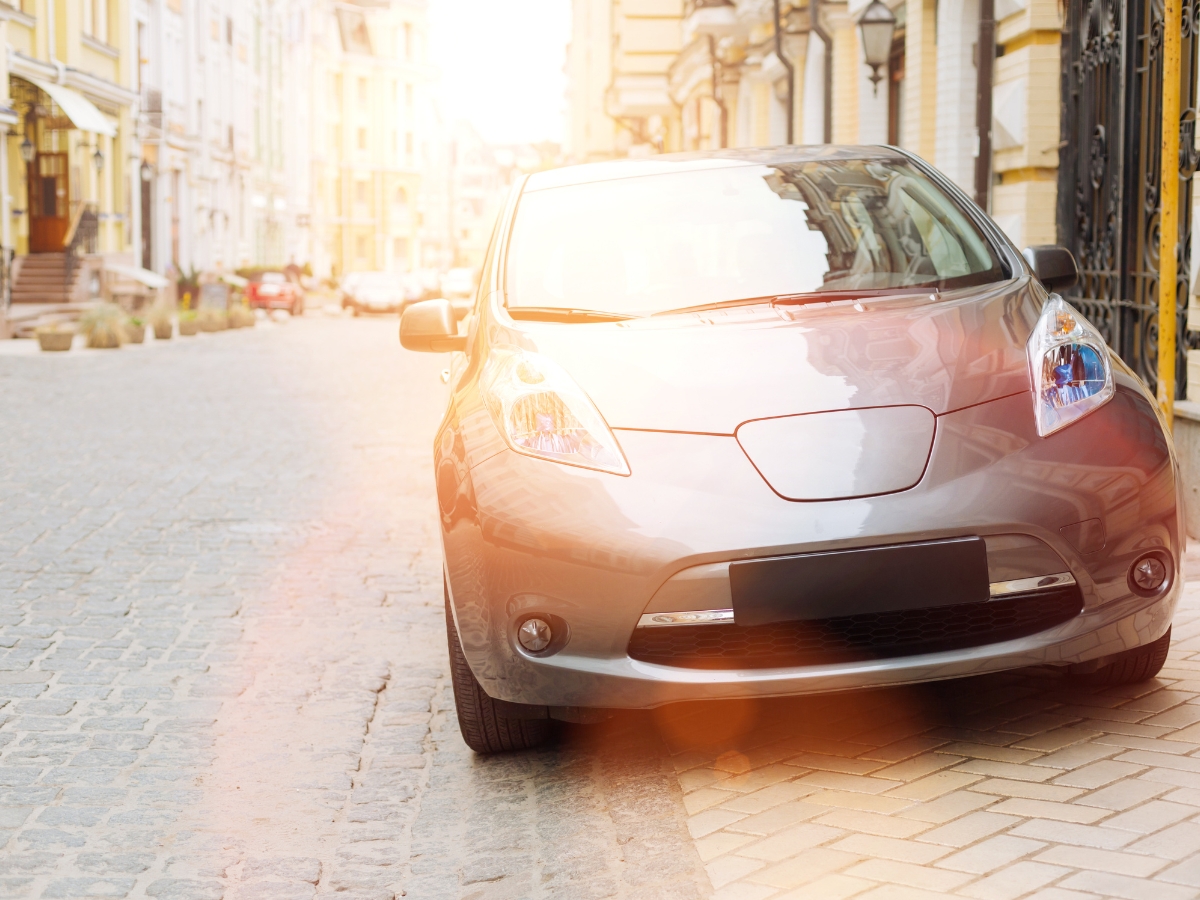Heat pumps are, by design, efficient and more so than normal airconditioning systems and boilers. Yet, if the operational conditions are not optimal in the home, much of that efficiency can go to waste, which means dollars out the door.
There are ways that you can optimize the effect and efficiency of your heat pump. This can be achieved by making your home more energy-efficient, choosing the right heat pump size, and using your heat pump in ways that optimize the design and operation of the heat pump.
To get the best and most out of your heat pump, we will look at the following aspects :
- Choosing the right size heat pump
- Optimizing the energy efficiency in your home
- Operating the heat pump effectively
- Maintaining your heat pump for best results
It may be time to remove that old heating system and check out the most efficient ways to use your heat pump.

Does The Heat Pump Size Matter?
Unlike OTHER things in life, the size of your heat pump does matter, and you need to ensure you get the right size from the offset to ensure you achieve maximum efficiency with your heat pump in your home.
How Are Heat Pumps Sized?
There are several factors that have to be weighed and measured regarding what size heat pump is the best size for your home.
Now you don’t need to be a technician and you don’t have to figure it out yourself, as your HVAC technicians have the process and formula to calculate the right size. They use Manual J, which was created specifically to calculate the correct size of a heating system in a home or space.
Heat pumps are sized by BTU (British Thermal Units) or the amount of heat they can produce into space in an hour; they are also sized by kilowatts (metric system) and by tonnage and based on the factors below:
- The size of the home measured in square feet
- The existing level of home insulation
- The number of windows and their placement
- The local climate conditions
- The number of people in the home
- The number of appliances that emit heat
- The required temperature environment in the home
- How much air infiltration is in the home
This assessment should be done thoroughly by your HVAC technicians, and at the end of it, they will be able to determine the right size. To give you a ballpark figure of what size heat pump you might need for your home, here is a table that shows the square footage vs. the equivalent heat pump size.
| Home Size: | Heat Pump Size (In BTUs): | Heat Pump Size (In Tons): |
| 300 sq ft | 9,000 BTU | 0.75 tons |
| 500 sq ft | 15,000 BTU | 1.25 tons |
| 750 sq ft | 22,500 BTU | 1.88 tons |
| 1,000 sq ft | 30,000 BTU | 2.5 tons |
| 1,500 sq ft | 45,000 BTU | 3.75 tons |
| 2,000 sq ft | 60,000 BTU | 5.0 tons |
| 2,500 sq ft | 75,000 BTU | 6.25 tons |
| 3,000 sq ft | 90,000 BTU | 7.5 tons |
How The Size Of The Heat Pump Affects Efficiency
If you pick a heat pump that’s too small, it will use too much energy to heat or cool the space effectively. This will cost you more than it should, and the heat pump will start to suffer breakdowns and require servicing more often than not.
Again, there go your hard-earned dollars out the door.
By the same token, an oversized heat pump will pump too much heat into the space; either way, this is not an efficient use of a heat pump.
To use your heat pump efficiently, get the right size.
How To Optimize Your Home For Heat Pump Efficiency
It’s not only how you use the heat pump(which we’ll get to in the next section) but also whether the space itself is efficient in keeping warmth or ‘coolth’ in. Believe it or not, ‘coolth’ is an actual term and describes the cool air pumped into your home by air conditioning.
Your heat pump is designed to be efficient, and it will deliver around 300%-700% efficiency, i.e., 3-7 units of heat for every 1 unit of electricity.
There are now heat pumps that deliver up to 14 units of heat per unit of electricity, and these use inverters that run at variable speeds to deliver the correct amount of heat as the space requires.
Coming back to your home.
One of the biggest misconceptions most people have when looking to reduce energy costs is only focusing on the device that delivers the heat and not the environment the heat is going into and how effectively that space can contain the heat.
How much energy would you use trying to heat a house in the dead of winter with all the doors and windows open? The same idea applies when looking at how energy efficient your home is.
Your heat pump will be much more efficient to run when your home is optimized to retain the heat it receives, so you need to look at the following in your home before you invest in a heat pump.
Insulation
Most homes lose about 42% of their heat through the ceiling, around 24% through the walls, 18% through windows, and 10% through the floors.
If your walls, windows, and ceilings aren’t insulated, that’s about 84% heat loss, which would mean that for every dollar spent on electricity, 84c is lost. Add that up over a day, a month, and then a year, and you will quickly see that you could insulate your home for less than it would cost you not to.
If you truly want to use your heat pump efficiently, invest in proper insulation, and if you can’t do the walls, at least do the ceilings and get energy-efficient windows.
Air leaks or infiltration
This is another area where heat and money are lost to natural thermodynamics.
Warm dry air is high pressure, and cool, moist air is low pressure. There are cracks or holes in the doors, walls, or roof, the warm air will flow out, and the cold air will flow in.
If you find these or your insulation installer does, try and plug as much of it as you can – it will make a difference to your heat pump’s efficiency and your pocket.
How To Use Your Heat Pump Efficiently
Now that we have covered getting the right size and getting your home energy efficient for the heat pump, let’s look at some tips on the most efficient ways to use your heat pump.
- Don’t Fuss About The Temperature Readings
Your heat pump will read the ambient temperature daily, and if you get too fussed about it, you’ll end up adjusting and readjusting it daily. This is not a very efficient way to use your heat pump.
Set the temperature to a comfortable level, let it run for a day or two, and then tweak it as needed until you reach the ideal temperature comfort level.
Then leave it alone.
- Don’t Use The ‘Auto’ Mode
While this may seem logical to use a heat pump, it’s not efficient. This is because the heat pump is switching between heating mode and cooling mode on’ Auto’ mode, and you don’t need this kind of confusion.
Although the heat pump has some intelligence, it may not know that you don’t want air conditioning in mid-winter when the woodstove burns. It may read this room temperature as too warm and switch to cooling mode.
In summer, set the system to ‘COOL,’ and in winter, set it to ‘HEAT’ and then let it be.
- Direct The Vanes For Optimal Efficiency
When heating and cooling, remember that cold air sinks and warm air rises, so set the vanes properly to maximize efficiency.
In winter, set your vanes pointing to the floor so that the warm air rises through the room, and in summer, set the vanes to point at the ceiling so the cool air sinks through the space.
- Promote And Direct Air Flow
If you are only heating or cooling one room, keep the doors and windows of that room closed to prevent the air from moving through the house. This practice also means you have had the fan set lower or on ‘auto’ and be more efficient with the energy.
Suppose you are heating or cooling more than one room or multizone. Open the doors to allow the airflow to move through all the space you need to, and consider increasing the thermostat a few degrees higher if warming and lower if cooling to compensate for heat loss.
Also, don’t try and heat or cool too many rooms simultaneously as this will lead to the heat pump working harder and using more energy than it needs to.
Another point to remember is that you get the most out of your heat pump by getting the most from your heat pump – meaning you need to push it a little to maximize energy efficiency.
So if you are cooling or warming multiple zones, open the doors and turn up the fan and temperature, and you’ll be amazed at what your heat pump can do.
- Use The Mode Settings On Your Heat Pump
Become familiar with the different modes available on your system. Most heat pumps have a ‘fan’ mode, a ‘dry’ mode, and a ‘cool’ mode, and these operate to maximize efficiency.
Fan mode uses the least energy and is ideal for needing a little relief. Dry mode is very useful if you have a lot of humidity as moist air is more difficult to heat while dry air is easier and uses less energy.
The cool mode is best suited for cooling in the warm months and would be a better and more efficient choice for those hot summer days.
- Use The Fan Speeds
If you drive your car at 2000 rpm for its whole life, it won’t respond when you need some power eventually. The same applies to heat pump efficiency. Set the fan on ‘auto’ to start with (this ‘auto’ is not the same as the temperature ‘auto’) and increase the fan speed to the level you are comfortable with.
In winter, because of the lower temperatures, there is no use in switching the fan higher and lower; rather, find a speed that delivers the right comfort level and leave it there for the whole winter.
Some would advocate giving your heat pump a rest, but if it cools down and then restarts, it will use more energy in the process, so when it’s cold, let it run.
So there are six easy tips on using your heat pump efficiently. Now, let’s move on to the final discussion on this topic: maintenance.
Maintain Your Heat Pump For Efficiency
Keeping your heat pump in good shape is essential for its efficiency and longevity, so let’s look at some easy ways you can maintain your system.
- Have Your Heat Pump Serviced Regularly
While there is some maintenance you can do yourself, it’s important to have your heat pump serviced by your installer at least twice a year if you are using it all year round and once a year if you only use it for heating or cooling.
They would check the refrigerant pressure for leaks and other technical elements to keep your heat pump in good condition and operating at optimal efficiency.
- Keep The Air Filters Clean
Clogged air filters disrupt and obstruct airflow meaning your pump has to work harder to move the air in and out. This is inefficient, so you need to ensure your dust filters are clean.
You can vacuum the filters or wash them with water when the light comes on or be proactive and check them monthly if the heat pump is constantly used.
- Keep The Heat Pump Free From Plants And Debris
It’s crucial to keep the area around the outdoor heat pump unit clean and clear. So make sure there is no grass, leaves, twigs, or other materials on the fins, affecting the heat pump’s performance.
Be gentle when cleaning the fins and never store or place anything on top of the unit.
Clear the snowdrifts away in winter, but don’t fuss too much about ice or snow on the unit or the coils as the heat pump has a built-in defrost cycle.
Now you know how to use your heat pump efficiently; all you need to do now is sit back in comfort, relax and enjoy the savings.
Resources




